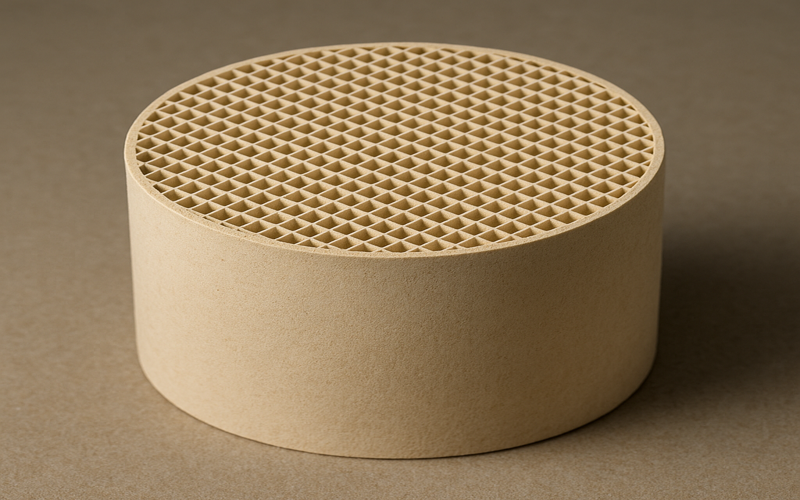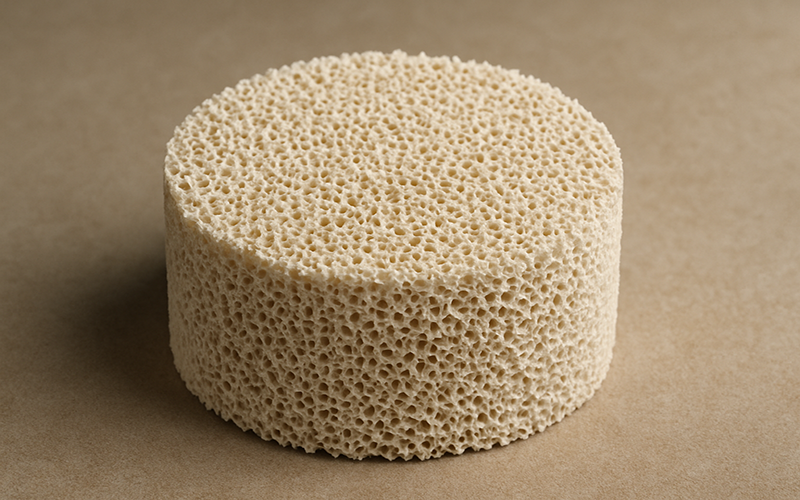Ceramic filters are porous devices made from natural clay materials fired at high temperatures. They are designed to filter out impurities from water, air, or other fluids. Their fine pores can trap bacteria, sediment, and other particles. They are commonly used in household water purification and offer a sustainable and low-cost solution.
Ceramic filters are widely used in both domestic and industrial settings. In households, they serve as reliable water purifiers in areas lacking clean tap water. Industrially, they're applied in chemical processes and air filtration systems. Their ability to handle high temperatures and chemical resistance makes them versatile.
One major advantage is their reusability—after cleaning, they can be used repeatedly. They also require no electricity, making them ideal for off-grid or low-resource environments. Ceramic filters are environmentally friendly and cost-effective over time. Their simple design and long lifespan add to their appeal in sustainable systems

Honeycomb ceramic filters are advanced filtration devices designed with a unique honeycomb structure that maximizes surface area while maintaining strength and durability. These filters are widely used in metal casting industries, particularly in the filtration of molten metals like iron, aluminum, and steel. The honeycomb design ensures a uniform and efficient flow of metal through the filter while trapping impurities such as slag, sand, and non-metallic inclusions. This leads to improved product quality, reduced waste, and fewer defects in final castings.
Made from high-temperature-resistant ceramic materials, honeycomb filters offer excellent thermal stability and chemical resistance. Their structural integrity allows them to withstand the extreme conditions present in metal casting environments. They also contribute to smoother laminar flow, reducing turbulence during pouring and enhancing the overall mechanical properties of cast products.
Ceramic foam filters are highly porous structures made from ceramics like alumina, silicon carbide, or zirconia. They are designed to filter molten metals during casting processes, effectively removing impurities such as slag, oxides, and non-metallic inclusions. Their sponge-like, open-cell structure allows molten metal to flow through while capturing contaminants, resulting in cleaner metal and higher-quality castings.
These filters offer excellent thermal stability and can withstand extreme temperatures, making them ideal for use in the casting of aluminium, iron, steel, and other alloys. In addition to improving metal purity, ceramic foam filters help reduce turbulence during pouring, promoting a more uniform mould fill and reducing casting defects.
Ceramic foam filters are available in various pore sizes and dimensions to suit different metals and production requirements. Their use enhances productivity, reduces scrap rates, and supports the production of components with better mechanical properties and surface finishes in industries such as automotive and aerospace.


© 2013 Vertix Co. All Rights Reserved. Leading Supplier Of Foundry & Metallurgical Materials